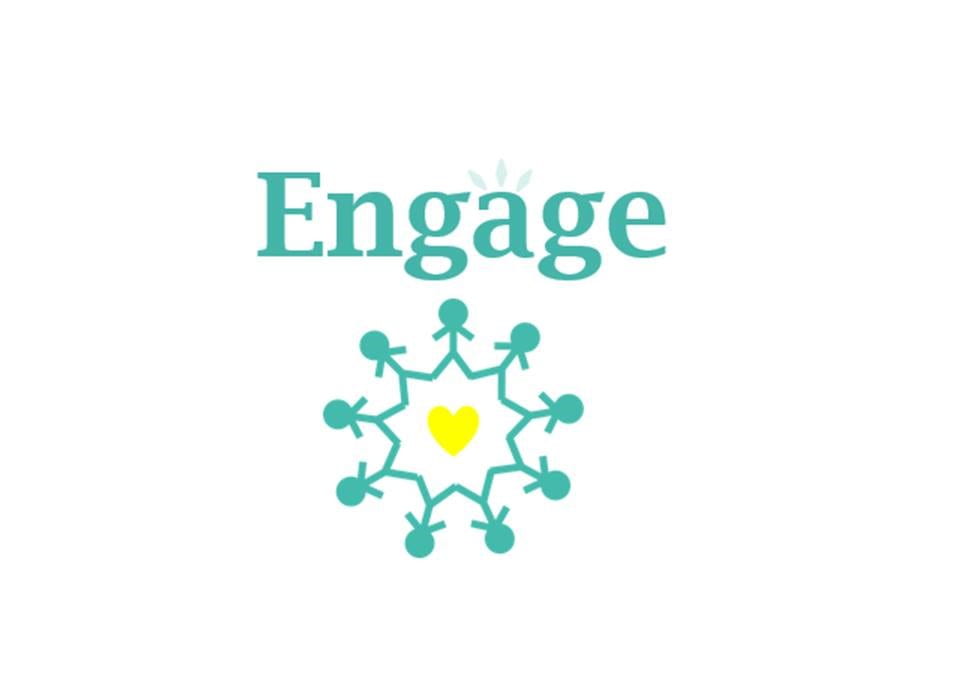
EngAGE: Voice-Activated Technology to Improve Mobility & Social EngAGEment: EngAGEing Homebound, Multimorbid Older Adult-Care Partner Dyads
Principal Investigator: Megan Huisingh-Scheetz
Physical activity is essential for all age groups, across all comorbidities and geriatric syndromes; it has been described as the ‘ideal’ intervention for preserving functional independence during aging. Physical activity interventions have repeatedly been shown to improve frailty and physical performance, and to prevent mobility disability and death among high-risk older adults. Multimorbid, homebound, older adults face substantial physiologic and functional challenges and structural barriers to maintaining physical activity over time. Disrupted physiology, the need for assistance to leave home, reliance on care partners who have limited training or tools to provide support, and lack of coverage for long-term exercise services in the home prohibit exercise participation in this vulnerable group most likely to experience functional gains from interventions. Increasing physical activity among multimorbid, homebound older adults requires a shift in interventions to target the older adult-care partner dyads and to test innovative vehicles for remote intervention delivery. We developed a socially-motivated exercise tool targeting multimorbid, homebound older adults and their care partners called EngAGE that leverages voice-activated technology. EngAGE was co-designed with targeted users through iterative participatory design methodology. Following a successful feasibility study providing preliminary evidence of effectiveness, we now propose a randomized, in-home, efficacy trial of EngAGE (intervention) versus paper exercise handouts (usual care) in n=124 multimorbid, homebound older adult-care partner dyads. Over 7 million U.S. older adults cannot easily reach health services outside of the home and >34.2 million informal U.S. caregivers support their care without guidance. Results from this proposal will demonstrate the effectiveness of a novel, scalable program promoting exercise among this difficult-to-reach group of older adults while supporting the care partners with critical tools.
Community Partners: AgeGuide; Age Options; Department on Aging Illinois; Mather Lifeways
